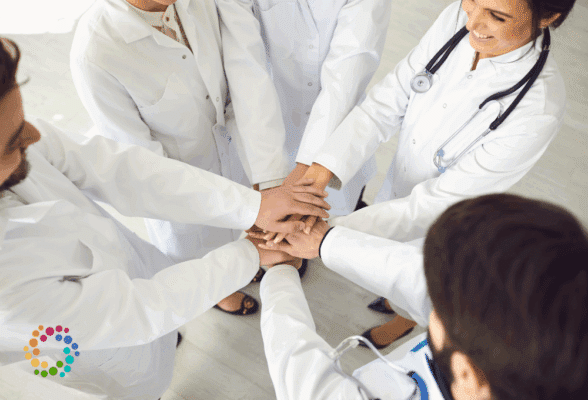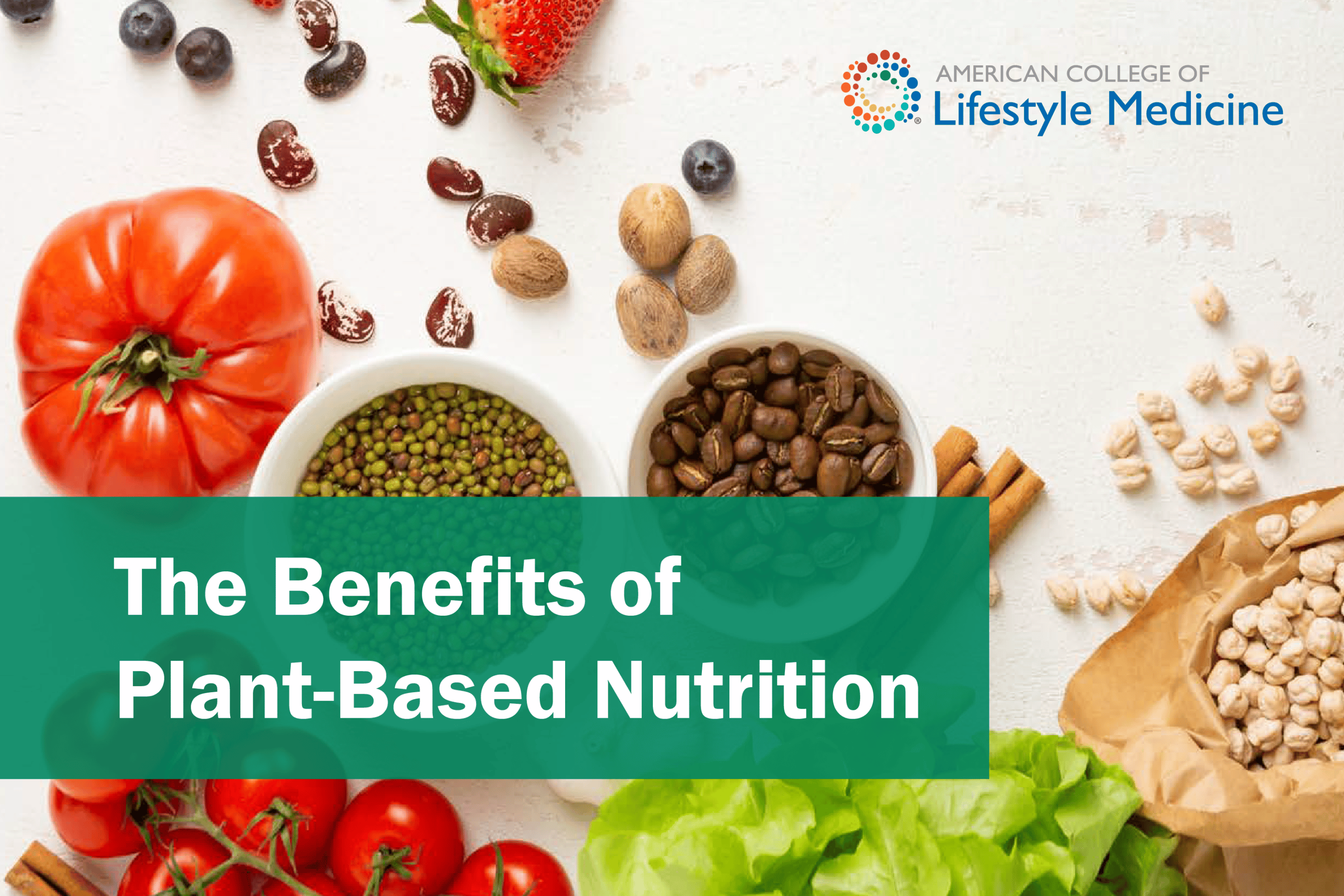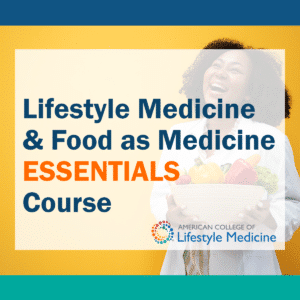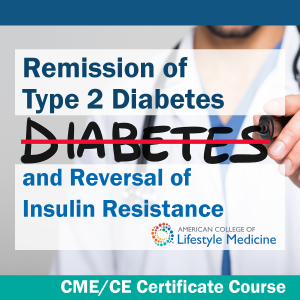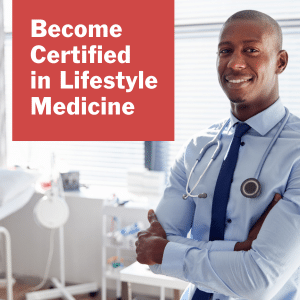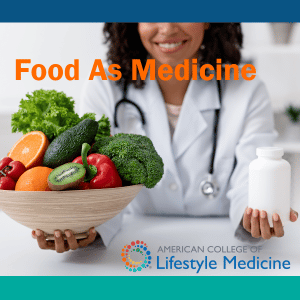Communities besieged by chronic diseases need lifestyle medicine. Meet a doctor determined to deliver it there.
Like many families with income and cultural challenges, Dr. Margarita Schneider-Munoz’s family history was of early breast cancer and heart attacks.
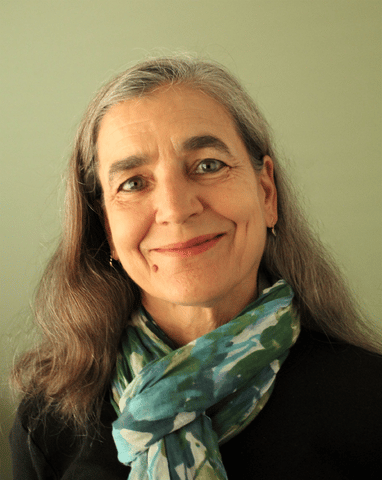
Margarita Schneider-Munoz was in her early 20s when a nurse practitioner reviewing her family medical history shook her head and said something Schneider-Munoz never forgot.
“I am so sorry,” the nurse practitioner told her.
She was referring to a family history reflecting that Schneider-Munoz’s grandmother was diagnosed with breast and ovarian cancer in her mid-40s, and that Schneider-Munoz’s father suffered his first heart attack while also in his 40s. The nurse practitioner meant well but her message was clear: Schneider-Munoz was destined to a life of sickness.
“She didn’t say ‘Here are some changes you can make to your lifestyle to stay healthy’ or tell me how to keep a healthy weight or an active lifestyle to protect myself from these diseases,” Schneider-Munoz recalled. “She was just sorry, like there was nothing I could do about it. But I knew there must be a better way.”
In fact, had the nurse practitioner asked a few questions she may have learned that Schneider-Munoz’s grandmother embraced an active lifestyle, received treatment through a comprehensive indigent health care program and lived to be 90. Or that her father became an early believer in Dr. Dean Ornish’s diet to prevent and reverse heart disease and lived a full life until his death at 89.
This is the family history — an embrace of lifestyle behavior changes and the value of high-quality care for medically underserved communities — that helped motivate Schneider-Munoz, MD, to become a doctor who today is introducing lifestyle medicine to a historically medically underserved Spanish-speaking community at San Ysidro Health Center, a Federally Qualified Health Center in San Diego.
Dr. Schneider-Munoz is one of 26 recipients of the American College of Lifestyle Medicine 2022 Health Equity Achieved Through Lifestyle Medicine (HEAL) scholarships supporting lifestyle medicine leaders who are working to reduce health disparities. HEAL scholarships provide financial support for recipients to attain education and certification in lifestyle medicine and help them build relationships in the field that lead to an exchange of ideas and innovations to create health equity solutions. They also support diversification of the lifestyle medicine clinician workforce.
Lifestyle medicine is a growing medical specialty that uses therapeutic lifestyle interventions as a primary modality to treat chronic conditions including, but not limited to, cardiovascular diseases, type 2 diabetes, and obesity. Lifestyle medicine certified clinicians are trained to apply evidence-based, whole-person, prescriptive lifestyle change to treat and, when used intensively, often reverse such conditions. There are six pillars of lifestyle medicine — a whole-food, plant-predominant eating pattern, physical activity, restorative sleep, stress management, avoidance of risky substances and positive social connections.
While genetics can predispose people to certain diseases, lifestyle and environment play major roles in disease occurrence.
“As is typical of people who suffer income and cultural challenges, my family history was rife with early breast cancer and heart attacks,” Dr. Schneider-Munoz said. “I knew I wanted to help people and became a physician. And I discovered that lifestyle medicine equipped me with the tools and knowledge to help people like myself and my extended family defy legacies of disease and often even thrive in good health.”
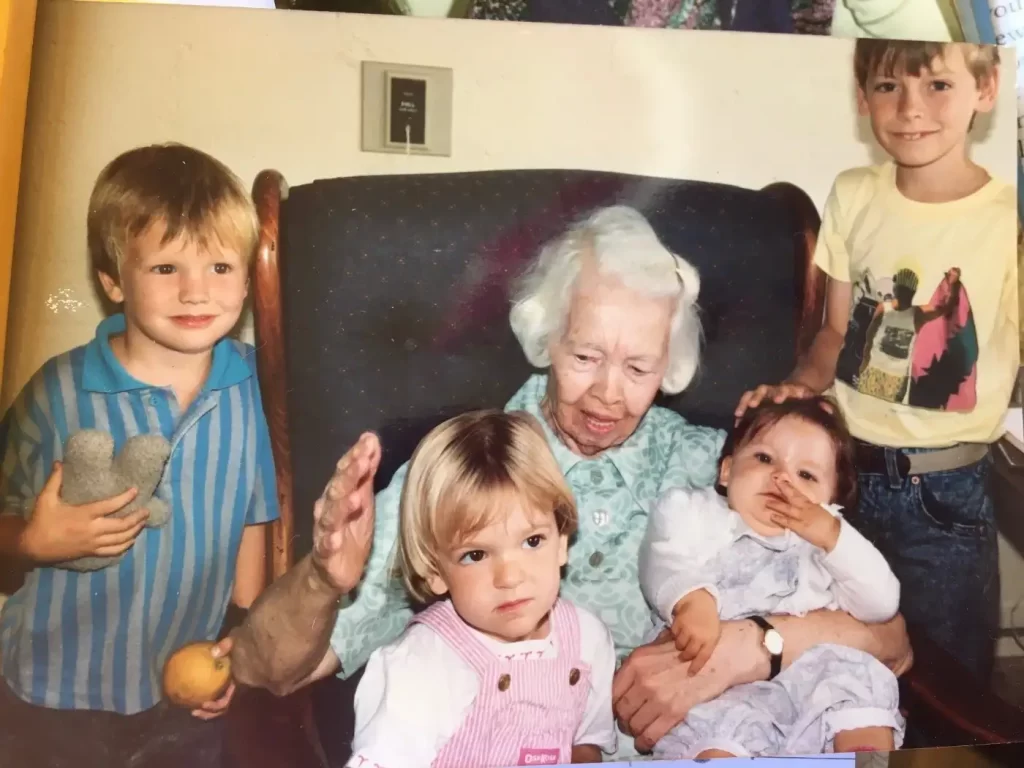
Judgment free
At San Ysidro Health Center, located just blocks from the U.S.-Mexico border, posters promoting the health benefits of a whole food, predominantly plant-based diet and illustrating recommended serving sizes adorn the walls of Dr. Schneider-Munoz’s exam room. She even keeps a set of measuring cups there to help patients better understand measurements. Many of her patients struggle with health literacy.
More than 60% of the U.S. adult population and 25% of children have at least one chronic disease. But chronic conditions such as type 2 diabetes disproportionately affect vulnerable populations, such as Black and Latino communities, where there is decreased access to health care, healthy foods and educational and economic opportunities.
The patient population Dr. Schneider-Munoz treats has a high rate of type 2 diabetes and fatty livers, a tragic consequence of the ultra-processed, fatty standard American diet. Dr. Schneider-Munoz has completed over 100 hours of continuing medical education in lifestyle medicine and, in her practice, has found that customization is among the most critical aspects of how she addresses lifestyle behavior with patients.
“There is no one-size-fits-all approach,” she said. “There is so much fat shaming going on, especially for young people with social media, that sometimes I don’t even address lifestyle in that first appointment. We just talk about how they are feeling and what their needs are. What is consistent is that it must be judgement free or it is very hard to connect at all.”
That she works for a Federally Qualified Health Center is no surprise. Her grandmother had moved from Puerto Rico to Hell’s Kitchen in New York City and worked as a typist when she was diagnosed with cervical and breast cancer. At the time, Memorial Sloan Kettering offered an extraordinary indigent health care program that performed her grandmother’s treatment. Years later, Dr. Schneider-Munoz’s uncle showed her the medical records.
“She was the working poor, and they really took good care of her,” she said. “Without it, she definitely would have died. After that she adopted a mindset of gratitude and treated every day as a gift. She was determined, gave up sweets and walked everywhere she went.”
That determination carried over into future generations of the family, who valued health and education. After her father, Andrew, an auditor, experienced heart problems in his 40s, he got Dr. Dean Ornish’s book, Stress, Diet and Your Health, published in 1982. At the time, Dr. Ornish’s theories were less mainstream as they are today. Although her father didn’t always follow the diet, he went through phases adhering closely to it, improving not just how he felt but his laboratory bloodwork results as well. He called these phases “doing the Ornish.”
“When he did ‘the Ornish’ for three or six months he’d start to feel better and be able to go to back to physical therapy or go swimming in the pool again,” Dr. Schneider-Munoz said. “If you can get people to change even one thing about their lifestyle, they will often start to feel better and that makes it easier for them to change the next thing, and the next thing.”
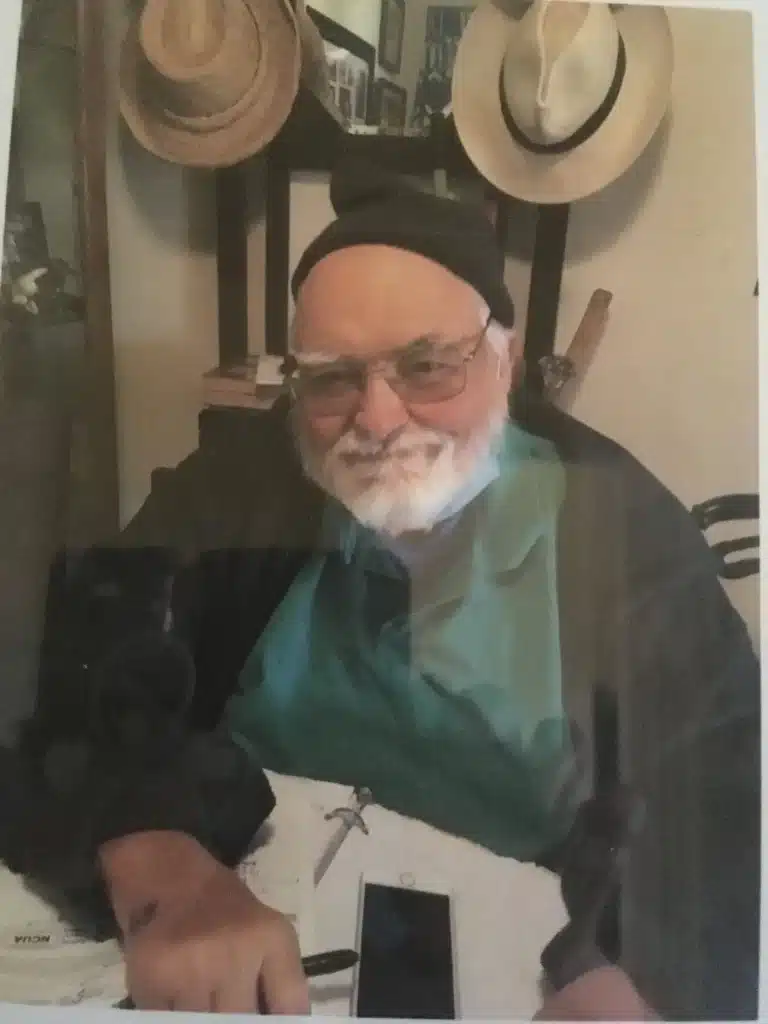
Exposure to medically underserved communities during medical school at Boston University strengthened her resolve to help people in need. One of her first training rotations took her into Boston’s poorest neighborhoods to treat homebound patients. She traveled to Baja, Mexico, to survey field workers on their exposure to pesticides, visiting their dilapidated homes of corrugated steel and dirt floors.
“Meeting people where they live is an invaluable experience,” Dr. Schneider-Munoz said. “It is hard to help people living in poverty without seeing and understanding it.”
“Every patient, no matter who they are”
Today, like the 25 other recipients of 2022 HEAL scholarships, Dr. Schneider-Munoz draws from her personal and professional experiences to advocate for marginalized people and lifestyle medicine. Each HEAL scholar has a unique background, insight and ability to connect with underserved communities in their area. Supporting a diverse lifestyle medicine workforce is essential to ACLM’s mission to reduce health disparities. Applications for the next class of HEAL Scholars, which are funded through charitable donations, will open in early 2023.
“For many chronic diseases, medical guidelines recommend addressing lifestyle as a first- treatment option, but far too many medical professionals lack the knowledge and training to help patients make lifestyle interventions successfully or fail to recognize the social determinants that make those lifestyle changes difficult to achieve for patients,” said ACLM President Cate Collings, MD, MS, FACC, DipABLM. “The 2022 class of HEAL scholarship recipients represent a diverse health care workforce who understand those challenges and are motivated to become certified in lifestyle medicine to educate, empower and encourage the communities they serve.”
The scholarship will help Dr. Schneider-Munoz pursue certification in lifestyle medicine from the American Board of Lifestyle Medicine, attend ACLM’s annual conference in November and expand her knowledge through ACLM’s evidence-based education programs to further elevate the quality of care she provides her patients.
She plans to share her lifestyle medicine knowledge with doctors training in the the San Ysidro Health Internal Medicine Residency Program and hopes to one day partner with local hepatologists and cardiologists to establish shared medical appointments and grow the number of patients with access to evidence-based lifestyle medicine treatment.
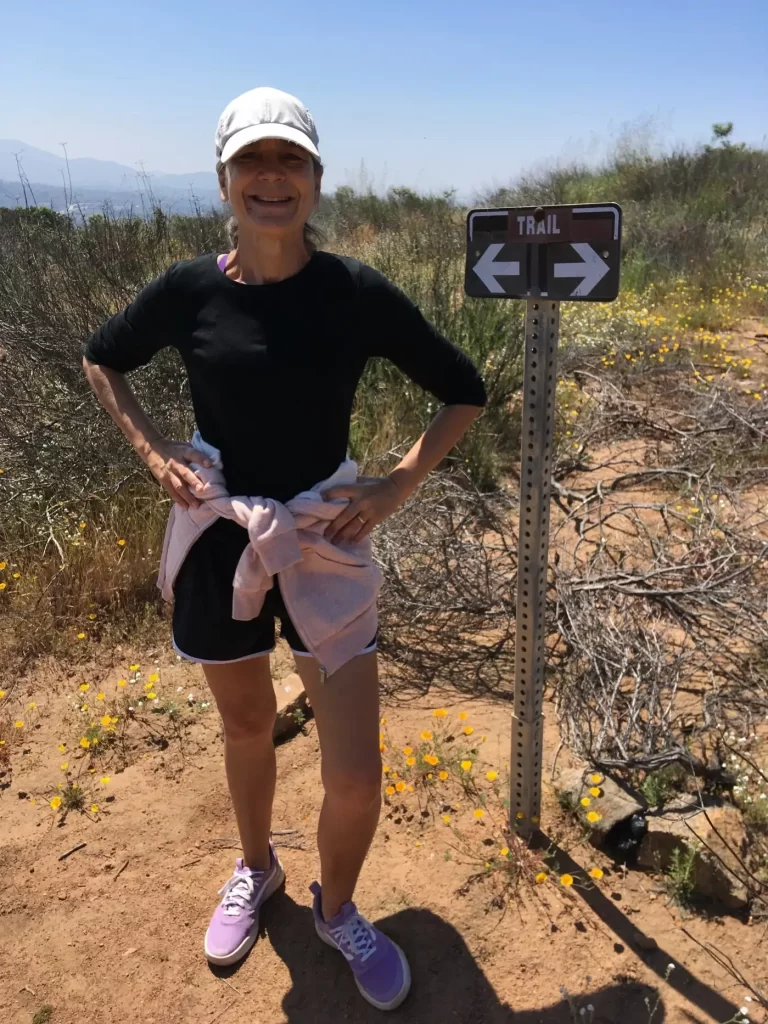
“I hope for a future in which every patient — no matter who you are or where you are from — is never made to feel like there is nothing they can do to improve their well-being and instead have the opportunity to reverse disease in its earliest stages,” she said. “That’s why this means so much to me.”



